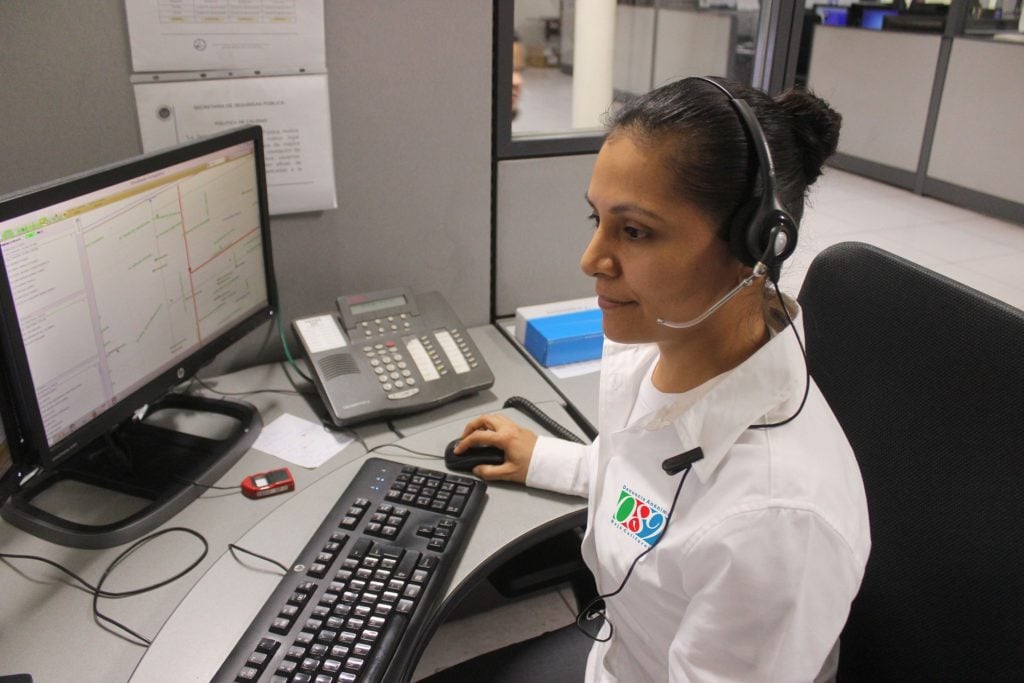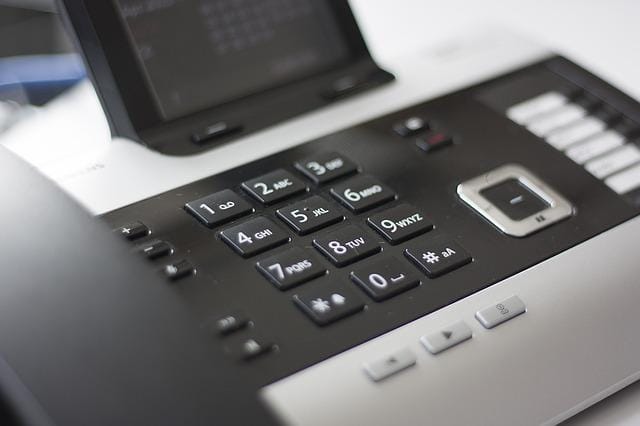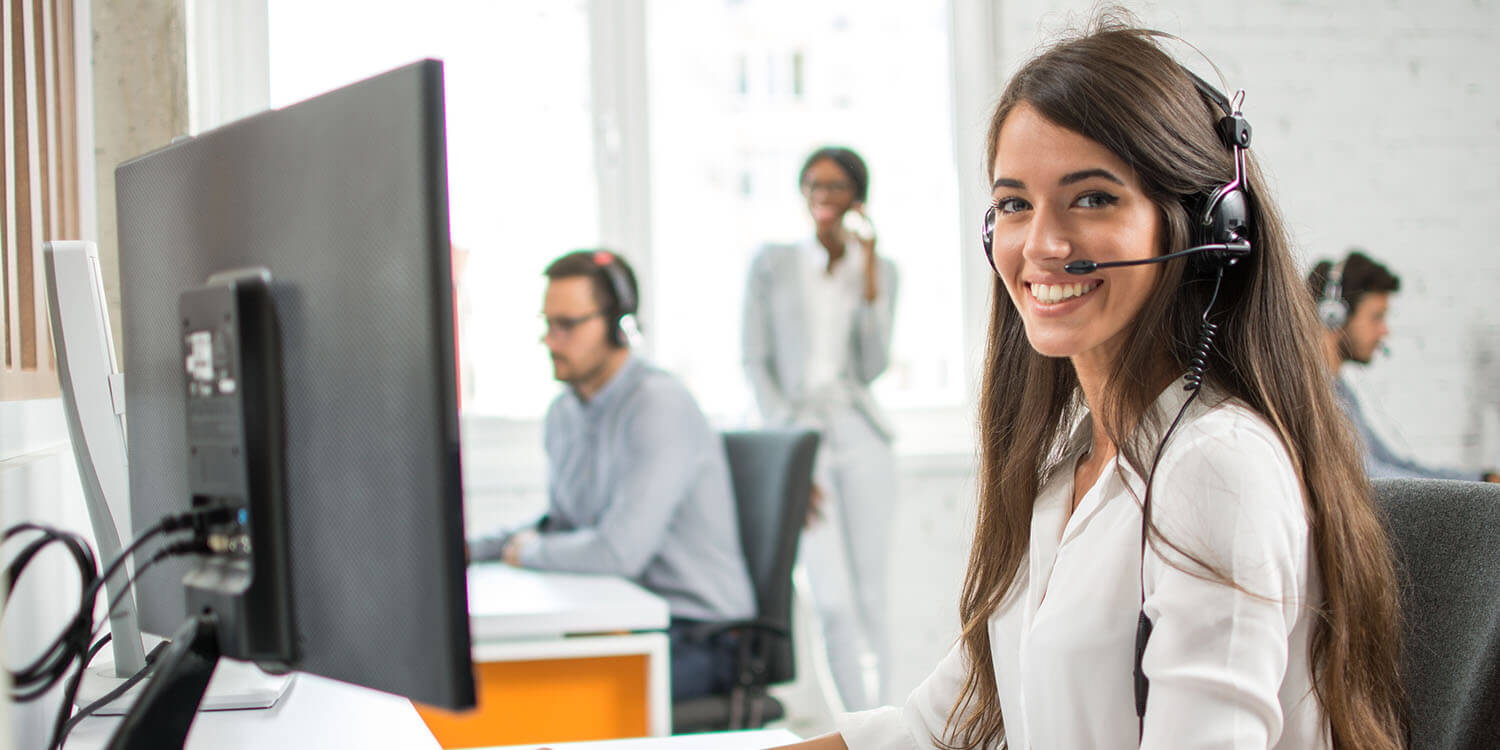All Categories
Featured
Table of Contents
- – What Is The Best Phone Answering Services - Aus...
- – Who Is The Best How Outsourced Phone Answering...
- – A Better 17 Reasons Why You Need A Telephone A...
- – Who Has The Best Telephone Answering Service:...
- – What Is The Best Benefits Of Answering Servic...
- – How Much Does What The Heck Is An Answering ...
What Is The Best Phone Answering Services - Australian Virtual Receptionists Manufacturer
This device and its successors were created by Sava Jacobson, an electrical engineer with a private consulting service. While early voice mail utilized magnetic tape innovation, the majority of modern-day devices utilizes solid state memory storage; some devices use a combination of both, with a solid-state circuit for the outbound message and a cassette for the incoming messages.
"toll saving" below) (virtual telephone answering service). This is helpful if the owner is evaluating calls and does not want to speak to all callers. In any case after going, the calling party should be informed about the call having actually been answered (in many cases this starts the charging), either by some remark of the operator, or by some welcoming message of the little, or dealt with to non-human callers (e.
This holds particularly for the Little bits with digitally kept welcoming messages or for earlier devices (before the increase of microcassettes) with an unique limitless loop tape, different from a 2nd cassette, dedicated to recording. There have actually been answer-only gadgets with no recording abilities, where the welcoming message needed to notify callers of a state of present unattainability, or e (business answering service).
Who Is The Best How Outsourced Phone Answering Service Can Help Your ... Company

about accessibility hours. In taping Littles the greeting typically consists of an invite to leave a message "after the beep". An answering device that uses a microcassette to tape-record messages On a dual-cassette answerphone, there is an outgoing cassette, which after the specified number of rings plays a pre-recorded message to the caller.

Single-cassette answering makers contain the outbound message at the start of the tape and inbound messages on the staying area. They first play the statement, then fast-forward to the next readily available area for recording, then tape-record the caller's message. If there are many previous messages, fast-forwarding through them can cause a considerable hold-up.
This beep is often described in the welcoming message, asking for that the caller leave a message "after the beep". Littles with digital storage for the taped messages do not reveal this delay, naturally. A TAD may offer a push-button control center, where the answerphone owner can sound the home number and, by getting in a code on the remote telephone's keypad, can listen to taped messages, or erase them, even when far from house.
A Better 17 Reasons Why You Need A Telephone Answering Service?

Thus the device increases the number of rings after which it answers the call (typically by 2, resulting in four rings), if no unread messages are currently stored, but answers after the set variety of rings (usually two) if there are unread messages. This permits the owner to learn whether there are messages waiting; if there are none, the owner can hang up the phone on the, e.
Some machines likewise allow themselves to be from another location triggered, if they have actually been switched off, by calling and letting the phone ring a specific a great deal of times (normally 10-15). Some company abandon calls already after a smaller sized variety of rings, making remote activation difficult. In the early days of Littles an unique transmitter for DTMF tones (dual-tone multi-frequency signalling) was regionally needed for push-button control, because the previously employed pulse dialling is not apt to communicate proper signalling along an active connection, and the dual-tone multi-frequency signalling was carried out step-by-step.
Any incoming call is not recognizable with respect to these properties in advance of going "off hook" by the terminal devices. So after going off hook the calls must be changed to appropriate devices and just the voice-type is right away available to a human, but perhaps, however must be routed to a TAD (e.
Who Has The Best Telephone Answering Service: What It Is And Why It Isn't Enough?
What if I informed you that you do not have to really select up your gadget when addressing a consumer call? Somebody else will. So hassle-free, right? Answering call doesn't need someone to be on the other end of the line. Effective automated phone systems can do the trick just as efficiently as a live agent and often even better.
An automatic answering service or interactive voice action system is a phone system that interacts with callers without a live person on the line - virtual telephone answering service. When business use this technology, clients can get the answer to a question about your company just by utilizing interactions established on a pre-programmed call flow.
Although live operators upgrade the customer care experience, many calls do not require human interaction. A basic recorded message or directions on how a consumer can retrieve a piece of info generally fixes a caller's instant need - business call answering service. Automated answering services are a basic and effective method to direct inbound calls to the ideal individual.
What Is The Best Benefits Of Answering Service - Professional Services For Your Money
Notification that when you call a company, either for support or product query, the very first thing you will hear is a pre-recorded voice greeting and a series of options like press 1 for client service, press 2 for queries, and so on. The pre-recorded options branch out to other options depending upon the consumer's selection.
The phone tree system helps direct callers to the right person or department using the keypad on a mobile phone. In some instances, callers can utilize their voices. It's worth keeping in mind that auto-attendant alternatives aren't restricted to the ten numbers on a phone's keypad. As soon as the caller has actually chosen their first choice, you can develop a multi-level auto-attendant that utilizes sub-menus to direct the caller to the right type of support.
The caller does not have to communicate with a person if the auto-attendant phone system can manage their issue. The automated service can route callers to a staff member if they reach a "dead end" and need assistance from a live agent. It is costly to work with an operator or executive assistant.
How Much Does What The Heck Is An Answering Service? Service Cost?
Automated answering services, on the other hand, are significantly more economical and supply considerable expense savings at an average of $200-$420/month. Even if you do not have committed staff to handle call routing and management, an automatic answering service enhances productivity by allowing your group to focus on their strengths so they can more efficiently spend their time on the phone.
A sales lead routed to customer care is a lost shot. If a consumer who has product questions reaches the wrong department or receives insufficient responses from well-meaning workers who are less trained to manage a specific type of concern, it can be a reason for aggravation and dissatisfaction. An automated answering system can decrease the number of misrouted calls, thereby assisting your employees make better use of their phone time while freeing up time in their calendar for other tasks.
With Automated Answering Systems, you can produce a tailored experience for both your staff and your callers. Make a recording of your primary welcoming, and simply update it frequently to reflect what is going on in your organization. You can create as lots of departments or menu options as you want.
Table of Contents
- – What Is The Best Phone Answering Services - Aus...
- – Who Is The Best How Outsourced Phone Answering...
- – A Better 17 Reasons Why You Need A Telephone A...
- – Who Has The Best Telephone Answering Service:...
- – What Is The Best Benefits Of Answering Servic...
- – How Much Does What The Heck Is An Answering ...
Latest Posts
Trusted Business Answering Service Near Me – NSW
Expert Emergency Call Answering Service Near Me
Guaranteed Small Business Answering Service Near Me
More
Latest Posts
Trusted Business Answering Service Near Me – NSW
Expert Emergency Call Answering Service Near Me
Guaranteed Small Business Answering Service Near Me